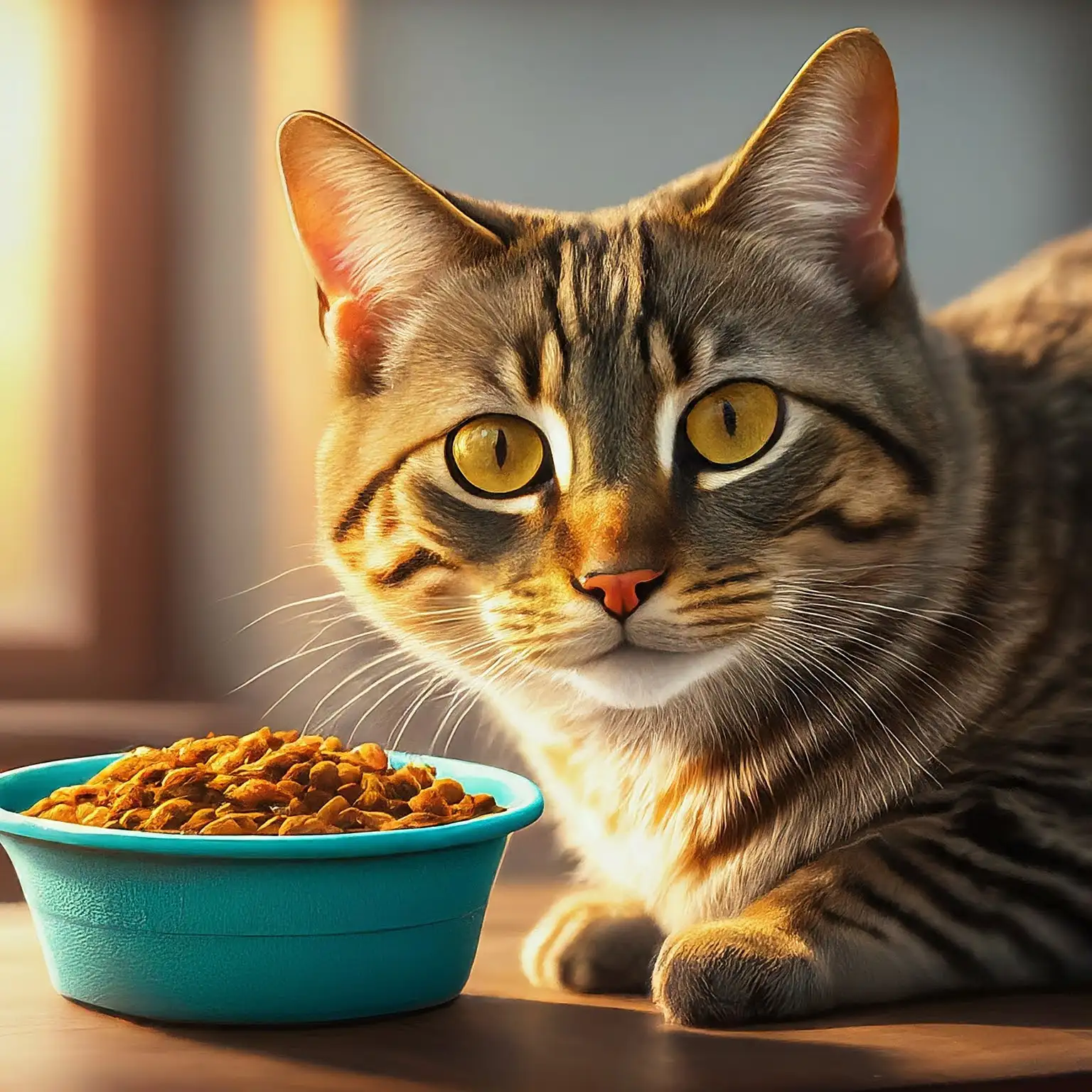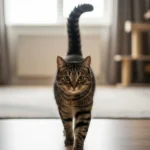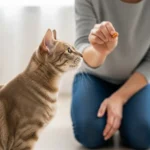Early Signs of Illness in Cats
Early Signs of Illness in Cats: Our feline companions are remarkable creatures, often with an extraordinary ability to conceal pain or illness. It’s a survival tactic ingrained in them, unfortunately making it tricky for us as owners to spot the early signs that something might be wrong. However, being vigilant and recognizing those subtle changes in your cat’s behavior and habits can make all the difference.
Early detection of potential health problems not only gives your furry friend the best chance for a speedy recovery but can often lead to less complicated and ultimately less expensive treatment overall. Think of it this way: you’re your cat’s advocate, and your attentiveness might just be their greatest line of defense!
Important Disclaimer: It’s crucial to remember that this blog post is intended to foster awareness and provide general information. If you have any concerns about your cat’s health, please seek immediate advice from your veterinarian. This guide in no way replaces professional diagnosis or treatment.
Changes in Eating and Drinking Habits
A cat’s appetite and thirst levels can be vital indicators of their overall health. Paying close attention to any significant changes in eating or drinking habits is crucial for detecting potential illnesses early on.
Appetite Shifts

A sudden decrease in appetite is generally a cause for concern. Of course, a picky day occasionally isn’t an emergency, but a sustained drop in food intake needs investigating. On the flip side, a noticeably increased, insatiable appetite can also hint at problems like diabetes or hyperthyroidism. Discuss any concerning appetite changes with your veterinarian promptly.
Water Intake

Increased thirst could indicate potential problems like kidney disease or diabetes. Additionally, some illnesses can change the way your cat drinks. A messy drinker who suddenly becomes neater, or vice versa, warrants closer observation.
Weight Changes
Even gradual weight loss or weight gain needs your attention. If your cat is inexplicably dropping or packing on pounds, it’s time to get your veterinarian involved. Sometimes weight changes can signal serious health issues.
Remember: If you observe significant or sustained changes in your cat’s eating, drinking, or weight, consulting with your veterinarian is always the best course of action.
Litter Box Behavior: When Changes Speak Volumes

Your cat’s litter box habits can provide a trove of information about their wellbeing. Any shifts in how they use the litter box might be their way of telling you that something just isn’t right.
Going Outside the Box
When a usually well-trained cat starts eliminating outside the litter box, it’s easy to attribute it to mere defiance or dislike of the litter itself. However, it’s essential to rule out any underlying medical problems. Urinary tract infections (UTIs), bladder issues, or even stress-related problems can be common culprits.
Straining or Discomfort
Notice if your cat appears to be straining in the litter box or seems unusually uncomfortable. This could indicate a urinary blockage, bladder or urinary tract infections, constipation, or other painful conditions. These all warrant immediate veterinary attention.
Changes in Urine or Stool
Keep an eye out for any abnormalities in your cat’s urine or stool. Look for the presence of blood, mucus, diarrhea, changes in color, or an unusual smell. These are all important clues that might signal an underlying health issue and require your vet’s assessment.
Other Red Flags to Watch For

Changes in behavior and physical cues often go hand-in-hand when a cat isn’t feeling their best. Keep an eye out for these additional warning signs:
Lethargy and Hiding Cats
If your vibrant feline turns unusually subdued, loses interest in play, and prefers to hide away more than usual, it’s crucial to pay attention. Lethargy and isolation can signal pain, illness, or even emotional distress.
Grooming Changes
Cats are meticulous groomers. When a cat stops taking care of its coat, it can indicate underlying health issues, pain that makes grooming difficult, or even depression. On the other hand, excessive grooming might suggest stress, anxiety, or skin problems.
Eye and Nose Discharge
While a bit of clear eye discharge can be normal, persistent, thick, or discolored discharge from the eyes or nose warrants a check-up with your veterinarian. This could point to eye infections, allergies, or upper respiratory problems.
Vomiting/Diarrhea
The occasional bout of vomiting or diarrhea isn’t always alarming. However, frequent, severe, or bloody episodes indicate an urgent need for veterinary attention.
Behavioral Changes
Any sudden, drastic changes in your cat’s personality should be noted. Uncharacteristic aggression, excessive clinginess, unusual vocalization, or any significant departure from their typical temperament may signal illness, pain, or stress and requires investigation.
Remember, you know your cat best. Trust your instincts and don’t hesitate to contact your veterinarian if you observe any combination of these concerning signs.
Conclusion: Knowledge is Your Superpower
As a cat owner, your best weapon in protecting your feline friend’s health is knowledge. Familiarizing yourself with your cat’s normal behavior, eating habits, and litter box routine empowers you to catch those subtle changes that often speak volumes about their wellbeing. Don’t be afraid to trust your instincts – if something seems ‘off’, it often is.
Regular veterinary checkups, even for cats who seem perfectly healthy, offer another layer of defense. Your veterinarian might pick up on the beginnings of health problems before you even notice symptoms yourself. Early intervention frequently leads to better, easier, and less costly treatment options.
Finally, having a veterinarian you trust and can communicate easily with is invaluable, especially if your cat is prone to health issues. A good vet becomes an essential partner in giving your furry companion the best care and longest life possible.




